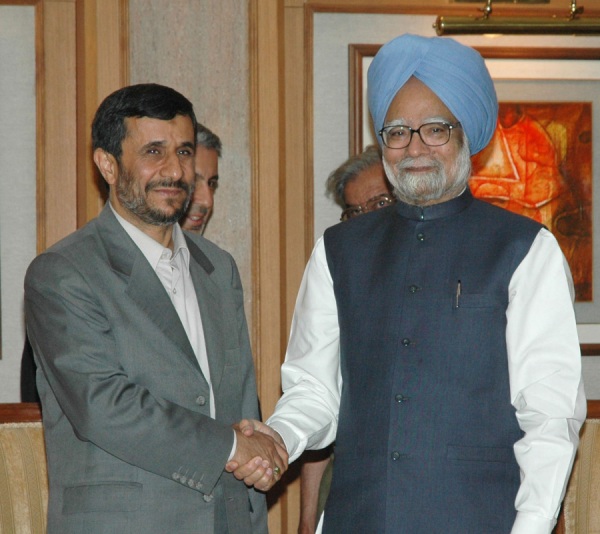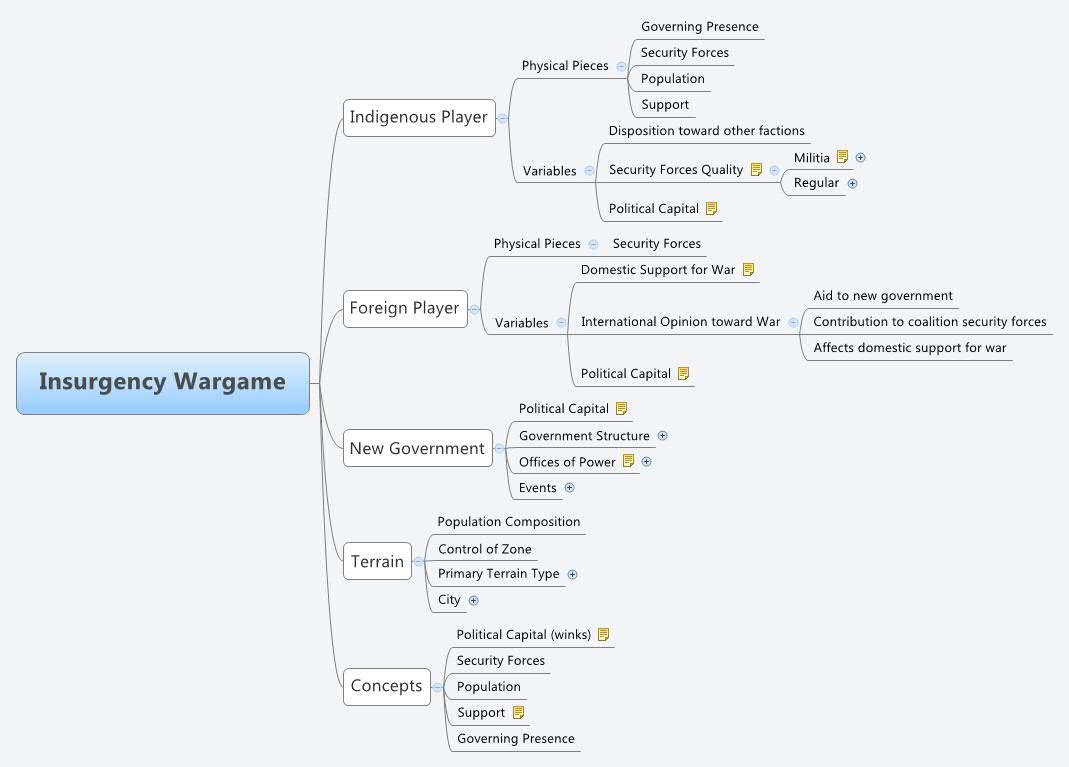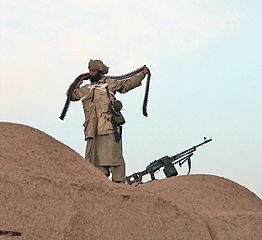Regime change on the cheap?
The cost incurred by the US in the Libyan intervention has been $896 million through July 31st. Gaddafi appears to be standing on the precipice of defeat, with rebels at the doorstep of his Tripoli compound. Is this a brilliant case of regime change on the cheap, a wake-up of what the Iraq war could have been?
Simply: no.
Many of the same questions that were unanswered or not considered before the US government decided to intervene remain so. It’s nice to think that for around a billion dollars and a few hundred thousand MREs, we (and our European partners) have been able to rid the world of a decades-long nuisance and terrorist sponsor. Policymakers likely had that same fuzzy feeling after the mujahideen chased the Soviets out of Afghanistan.
The Iraq War and proceeding nation-building have been and continue to be expensive for a reason. Defeating the dictator is not the hard part; rebuilding the scarred society he left behind is. Questions of “why intervene in Libya but not x, y, or z?” aside, we have an interest in what post-Gaddafi Libya will look like. We have little control over it, and I’m fairly certain that few would have the stomach to advocate we should embark on another Middle Eastern nation-building adventure.
The Libyan rebels may have succeeded even without external aid, but the (apparent) success of their venture should not embolden us to think other problematic countries should be dealt with in the same fashion. I’ve not heard a compelling argument that regime change in Libya was in the strategic interest of the US, so it troubles me that it seems to have been so easy to achieve. The true costs will take some time to realize, for we have to watch how a new Libya will govern itself, engage with the world community, and participate in the global economy. The devil you know isn’t always better than the devil you don’t, but why go looking for a devil if you’re not in hell?










